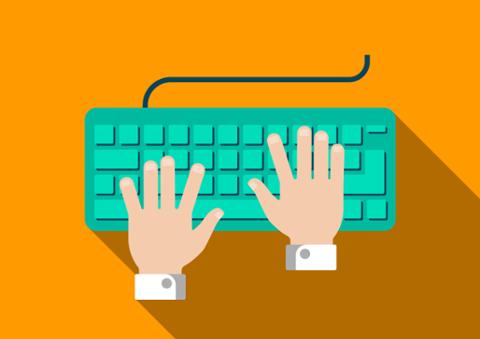Microsoft kicked off this summer by announcing its first tablet, Surface. At first no one thought it could rival the iPad, but within days people began changing their opinion and saw that it could be an interesting competitor, with key selling points like an attached keyboard and USB port. But when Microsoft made its announcement, its partners initially remained uncharacteristically silent. Not a word about Surface, not a word about Windows 8. Until this month.
Mixed Emotions and Reactions
Nearly two months after the Surface was unveiled, Microsoft’s three major partners finally weighed in. Their opinions vary. Acer CEO JT Wang said:
We have said, 'think it over. Think twice. It will create a huge negative impact for the ecosystem and other brands may take a negative reaction. It is not something you are good at, so please think twice.' If Microsoft is going to do hardware business, what should we do? Should we still rely on Microsoft, or should we find other alternatives?
In other words, Acer’s friendly partner was about to become it’s less than friendly tablet competitor. But days later, Wang apparently had a change of heart. DigiTimes quoted him as saying:
Microsoft is currently looking for solutions, such as creating a price gap, to minimize the negative impact on other vendors' product lineups, and he believes if Microsoft launches Surface at a price of US$199, it would have a rather significant impact, but if it is priced at around US$499-599, the effects will be a lot smaller.
Lenovo stepped a little more carefully. Dilip Bhatia, general manager of its Thinkpad Business unit, seemed like he was spinning a bit when he said:
Microsoft is a strategic partner for us. The Surface has brought more excitement to the marketplace. The ThinkPad tablet is focused after the business individual; the Surface is more geared towards the consumer offering.
Then there's Hewlett-Packard. John Solomon, senior vice president of the company's printing and personal systems division for sales in the Americas, told CRN that HP's Windows 8 tablet will be distinct compared to Microsoft's device.
We will be very focused on the commercial tablet opportunity, which is completely under penetrated. And, we have some unique intellectual property that we're going to apply. I believe Microsoft was basically making a leadership statement and showing what's possible in the tablet space. Our relationship has not changed at all due to Microsoft's announcement. In fact, I applaud it -- I think it's great that they are getting out in front and [showing] what's possible.
The Future – Hoodwinked?
From what I can see, HP and Lenovo are worried about Surface. Acer, meanwhile, is acting strange. It’s as though it wasn't t expecting any kind of Windows 8 tablet from Microsoft. I guess maybe Acer itself didn't have plans to release one. This situation is similar to Google’s with its Nexus One smartphone. Everybody thought Google would restrict its use of Android to its own smartphone, leaving its partners in the dust. Similar fears ran rampant when Google acquired smartphone maker Motorola Mobility. It won't happen to Microsoft. I think Redmond's learned from its mistakes in trying to roll out social phones Kin One and Kin Two, and other dabblings on the hardware side. This time, I bet Microsoft will release the hardware and new OS simultaneously. That way people will associate the two -- and become more enthused about spending their money. It's a very smart, almost Apple-like, move.


